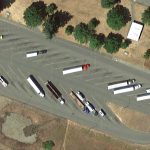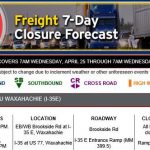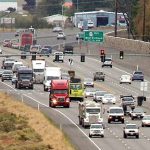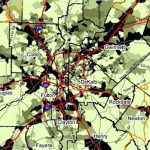Real-Time Truck Parking Information Integration, Visualization, and Prediction
|
Truck parking facilities are struggling to meet the increasing demand of freight vehicles on the road. Lack of parking spaces and real-time information about parking availability greatly exacerbates trip uncertainty and often results in illegal parking and overtime driving. In response, this project worked to improve a system to provide information about real-time and predicted truck parking space availability to freight truck drivers. ... Read More about Real-Time Truck Parking Information Integration, Visualization, and Prediction | |










